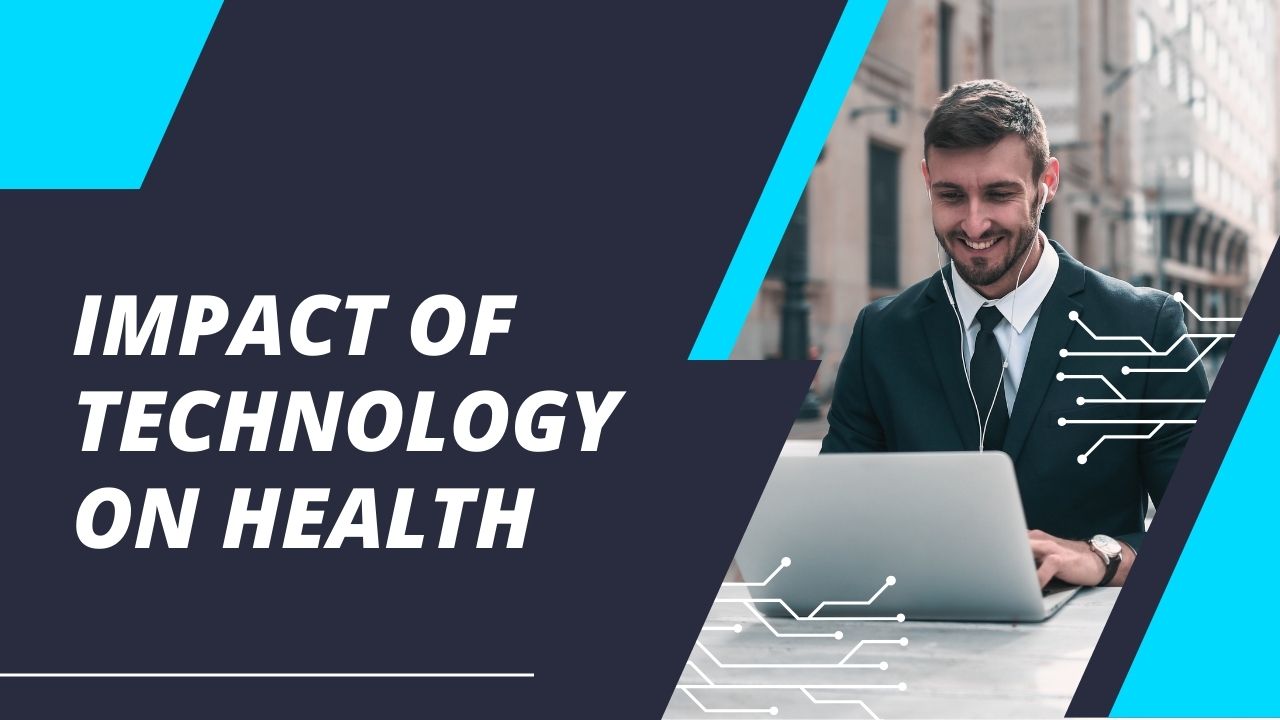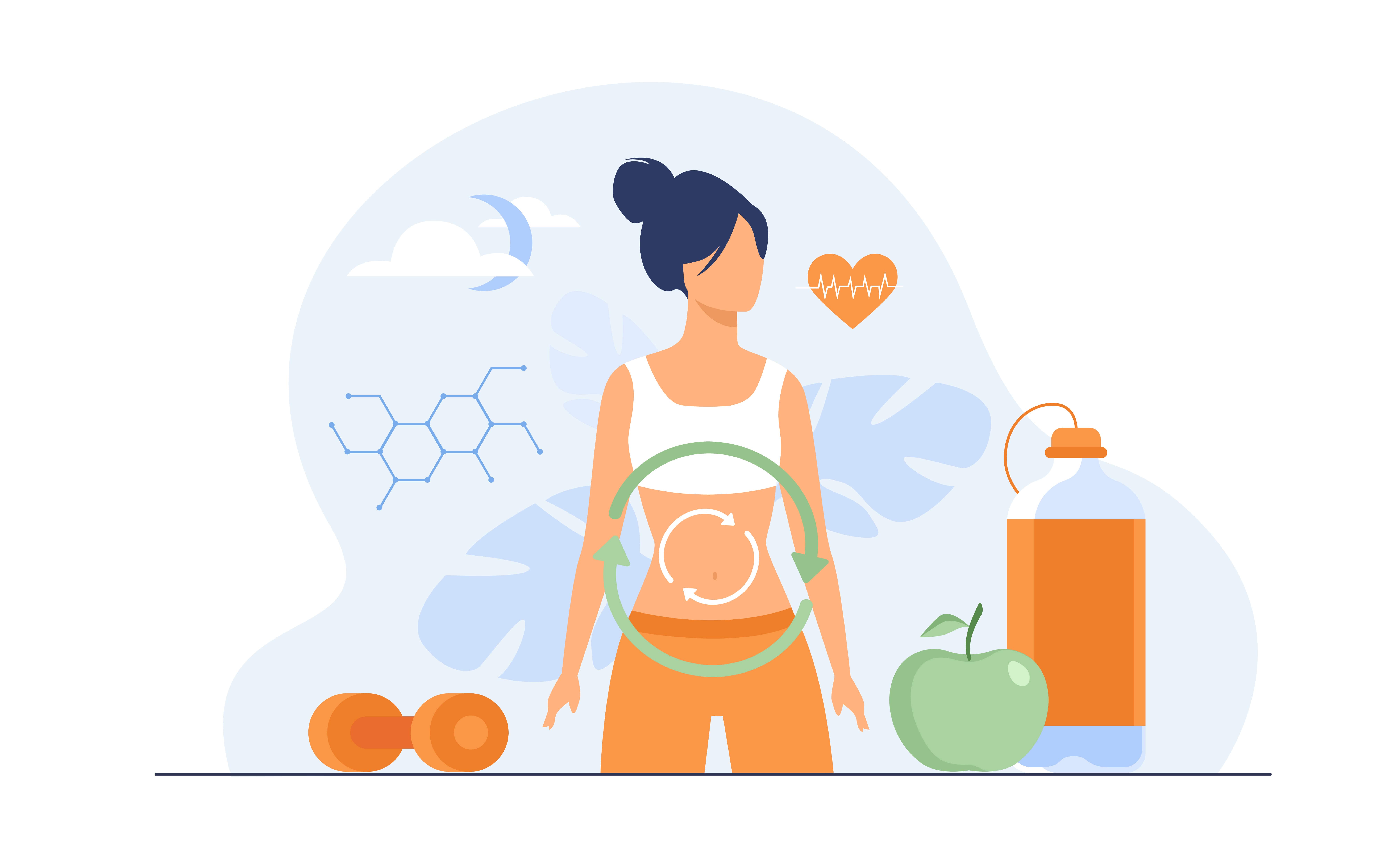Introduction
Picture this: A world where your smartwatch not only tracks your steps but also warns you about potential health issues before they escalate. This isn’t science fiction—it’s a prime example of the impact of technology on health, and it’s happening now. In 2024, technology is shaking up healthcare in ways we never thought possible. Let’s dive into how these innovations are transforming our health and well-being.
Fitness Trackers: More Than Just a Step Counter
The Evolution of Fitness Trackers
Remember when fitness trackers were just about counting steps? Those days are long gone. Modern trackers do so much more, showcasing the profound impact of technology on health. The latest models from Fitbit and Apple Watch keep tabs on your heart rate, sleep patterns, and even blood oxygen levels. If you’ve ever wished for a personal health assistant, these gadgets might be your new best friend.
Advanced Features and Health Benefits
For instance, some trackers can now detect irregular heart rhythms and alert you if something seems off. I’ve seen firsthand how this feature can make a difference. It’s like having a miniature doctor strapped to your wrist. This technology empowers us to take charge of our health and catch potential issues early.
Related Post: Vitamin B Complex: Balancing Health Benefits with Overconsumption Risks
Mobile Health Apps: Personal Wellness at Your Fingertips
The Growth of Mobile Health Apps
Think your mobile health app is just a calorie counter? Think again. Today’s apps offer a full suite of wellness features, illustrating the significant impact of technology on health. Apps like MyFitnessPal and Headspace have evolved into personalized health platforms. They analyze your data and offer tips tailored to your needs.
Practical Benefits of Health Apps
I’ve used these apps and found them incredibly insightful. They don’t just track what you do; they provide actionable advice. If you’re looking for a personal coach in your pocket, these apps are as close as you can get.
Telemedicine: Healthcare Without the Wait
The Rise of Telemedicine
Telemedicine has been a game-changer, especially in remote areas. But it’s about to get even better with virtual reality (VR) consultations. Imagine chatting with your doctor in a virtual room where you can interact almost as if you were face-to-face.
Enhancements in Telehealth
From what I’ve seen, VR could make telehealth feel more personal and effective. It’s not just about convenience; it’s about enhancing the quality of care. For those in rural areas, this could be a lifeline, bringing specialist care right to their living rooms.
Artificial Intelligence: The Brain Behind the Machine
AI’s Role in Healthcare
Artificial Intelligence (AI) is making waves in healthcare. AI systems are now capable of analyzing vast amounts of data to predict health outcomes and suggest treatments. Take AI in diagnosing eye diseases, for example—it’s remarkably accurate and efficient.
Future Prospects with AI
Looking ahead, AI isn’t just about diagnosing. It’s about personalized treatments, too. With AI-driven insights, we can expect tailored healthcare solutions based on our genetic profiles. It’s like having a custom health plan designed just for you.
2024 Innovations: What’s Coming Next
Wearable Technology: Beyond Basic Tracking
Next-generation wearables are set to revolutionize health monitoring. Expect devices that continuously track blood pressure and glucose levels. Companies are working hard to integrate these features, aiming to offer real-time health insights.
I’ve seen prototypes that track a host of vital signs. These gadgets could be game-changers for managing chronic conditions. Imagine having a health monitor that keeps you informed and helps you stay on top of your well-being.
Smarter Telehealth Solutions
Telehealth isn’t standing still. Enhanced AI integration will boost diagnostic accuracy and treatment recommendations. Virtual reality consultations will make remote healthcare more immersive and interactive.
From where I sit, these advancements will make telehealth a more effective tool for managing health, particularly for those who need regular check-ups but can’t always make it to the doctor’s office.
AI-Driven Personalized Medicine
Personalized medicine is moving to the forefront, thanks to AI. By analyzing genetic information, AI can tailor treatments to individual needs. This approach promises more precise and effective care, reducing the trial-and-error nature of traditional treatments.
Seeing AI’s potential firsthand, it’s clear that this technology will reshape how we approach healthcare. More precise treatments mean better outcomes and fewer side effects—a win-win situation.
Benefits and Challenges
Improved Access to Healthcare
One of the biggest advantages is improved access. Telehealth and mobile apps make healthcare more accessible, especially in underserved areas. From my perspective, this is a major step forward in bridging the gap between patients and healthcare services.
Privacy and Security Concerns
With the rise of digital health tools, privacy and security are top concerns. Protecting sensitive health data from breaches and unauthorized access is crucial. We need strong security measures to keep our information safe and maintain trust in these technologies.
Cost Considerations
The cost of advanced technology can be a barrier. While some innovations are affordable, others might be out of reach for many. Addressing this issue is vital to ensure that technological progress benefits everyone, not just those who can afford it.
Small Businesses and Innovation
Driving Health Tech Innovation
Small businesses are often at the forefront of health tech innovation. They bring fresh ideas and new solutions to the market. Companies like Livongo are using AI to offer personalized health insights, driving progress in the industry.
Community-Based Solutions
Small businesses also have close ties to their communities, which helps them offer tailored services. For example, local gyms are using apps to track member progress and provide customized workout plans. This personal touch can make a big difference.
Challenges for Small Businesses
However, small businesses face challenges, including limited resources and expertise. Partnering with tech companies and seeking government support can help overcome these hurdles. From my view, these collaborations are essential for driving innovation and benefiting the broader healthcare ecosystem.
Parenthood and Health Technology
Monitoring Kids’ Health
Parents also have a lot to gain from health technology. Wearables designed for children help parents keep track of their kids’ health. Devices like the Garmin Vivofit Jr. track activity and provide valuable data. I’ve found these gadgets useful for staying informed about children’s health, offering peace of mind for parents.
Educational Resources for Parents
Technology provides educational resources for parents, too. Apps like BabyCenter offer expert advice on child development, while platforms like Khan Academy provide learning content for kids. These tools are invaluable for parents seeking reliable information.
Family Engagement in Health
Interactive apps and games encourage family participation in health. Apps like Sworkit Kids offer fun exercises for families to do together, promoting physical activity and healthy habits. From my experience, these tools make it easier to integrate health and wellness into daily life.
Conclusion
The future of health technology is promising. From advanced wearables to AI-driven medicine, innovations in 2024 are set to transform how we manage our health. These advancements showcase the remarkable impact of technology on health. While there are challenges to address, the potential benefits are enormous.
As we embrace these advancements, we open up new possibilities for better health and well-being. The journey ahead is exciting, and with these tools at our disposal, we’re better equipped to navigate our health journey. Ready to dive into these innovations and see how they can impact your life? Let’s take the leap and explore what the future holds.









